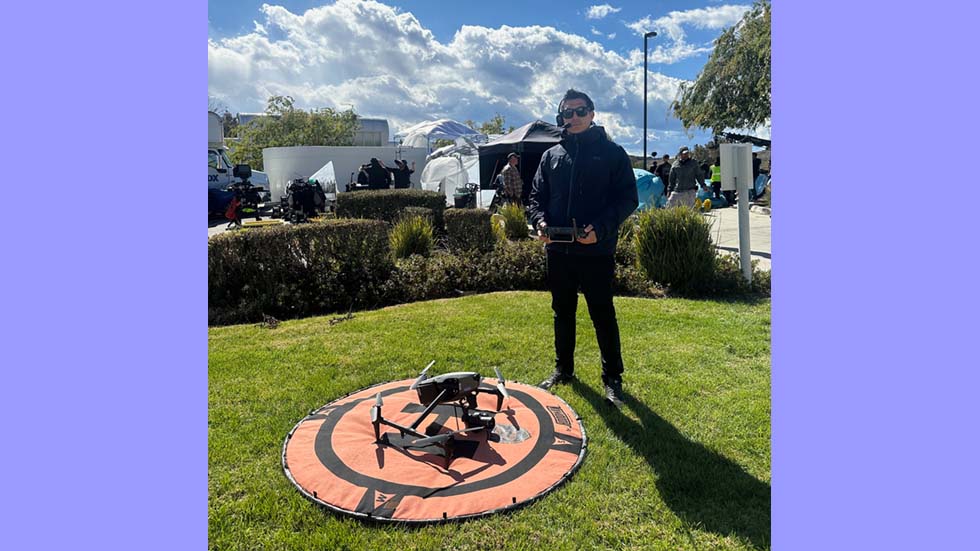FCC Update: FCC to sanction DTV delinquents

FCC to sanction DTV delinquents
By Harry C. Martin
The FCC has initiated a rulemaking proceeding to examine what measures it should take regarding television broadcasters who fail to meet their DTV construction deadlines. All commercial television stations were required to construct their digital facilities by May 1, 2002, but two-thirds have not yet done so. Instead, they opted to file for six-month waivers of the deadline.
Tentative proposals outline an increasingly severe level of sanctions every six months a licensee fails to construct, beginning with admonishment, followed by issuance of notices of apparent liability for forfeiture, and culminating in rescission of the licensee's DTV authorization. The Commission directed the staff to apply appropriate sanctions on a case-by-case basis during the pendency of the rulemaking.
Facing substantial pressure from Congress, the FCC delayed once again the auction of the upper 700 MHz band
(channels 60-69).
The Commission also clarified that its “minimum-facilities” Special Temporary Authorization (“STA”) policy regarding licensees who construct less than their authorized facilities will not be available to network-affiliated, top-30 television market licensees. In November 2001, the Commission permitted television licensees subject to the May 1, 2002 (commercial), or May 1, 2003 (noncommercial), construction deadlines to build minimal initial facilities to satisfy their DTV build-out obligations. Licensees thus operating pursuant to a “minimum-facilities” STA by their respective deadlines (either May 1, 2002, or May 1, 2003) would be considered in compliance with their construction deadlines, and their outstanding construction permits will be automatically extended until such time as the Commission determines otherwise. The Commission held that it will continue to review extension requests from network-affiliated, top-30 market stations on a case-by-case basis.
Channels 60-69 auction delayed again
Get the TV Tech Newsletter
The professional video industry's #1 source for news, trends and product and tech information. Sign up below.
Facing substantial pressure from Congress, the FCC delayed once again the auction of the upper 700 MHz band (channels 60-69), this time until Jan. 14, 2003. At the same time, the Commission decided to go forward on the auction of the lower 700 MHz band (channels 52-59) on June 19.
The Commission's action was the result of weeks of lobbying on Capitol Hill and at the FCC. Even the Bush administration weighed in, stating that an auction delay would be best for the Treasury since the parties who will be bidding, because of uncertainty as to when broadcasters will vacate channels 60-69, would not be willing to pay very much for this large block of spectrum. The cellular industry advocated delay on the basis of the current glut of spectrum on the market. The Commission's decision to proceed with the lower 700 MHz auction, but postpone the upper 700 proceeding, was a compromise.
There is pending before the Senate a bill which, like the House version already passed, would delay both auctions indefinitely. That bill ran into trouble when Senator Stevens of Alaska filed a counterbill requiring the FCC to hold both auctions in June. Stevens' principal interest is in deployment of lower 700 MHz frequencies in Alaska, and that auction will proceed on schedule.
New wrinkle in ownership rule enforcement
In the process of granting authorization for Viacom to purchase a second television station in the Los Angeles market, the FCC gave Viacom six months to come into compliance with the radio-television cross-ownership rule by selling one of seven radio stations it currently owns in the market.
This is the first time the FCC has given the purchaser of a single broadcast station a time period to come into compliance with a multiple ownership rule. The FCC emphasized that the only reason it was granting a divestiture period was that the size and diversity of the Los Angeles media market made it a unique circumstance that is unlikely to be present in other media markets.
Harry C. Martin is an attorney with Fletcher, Heald & Hildreth PLC, Arlington, VA.
Dateline
No biennial ownership reports are due this year.
Renewal applications will be due for all stations in Washington D.C., Maryland, Virginia and West Virginia on June 1, 2003. For stations in these locations, pre-filing public notices will have to be broadcast beginning March 1, 2003. This will begin the next renewal cycle, which will extend through 2006.
Send questions and comments to:harry_martin@primediabusiness.com
Do you have a comment about this article? To tell us your thoughts, click here.
